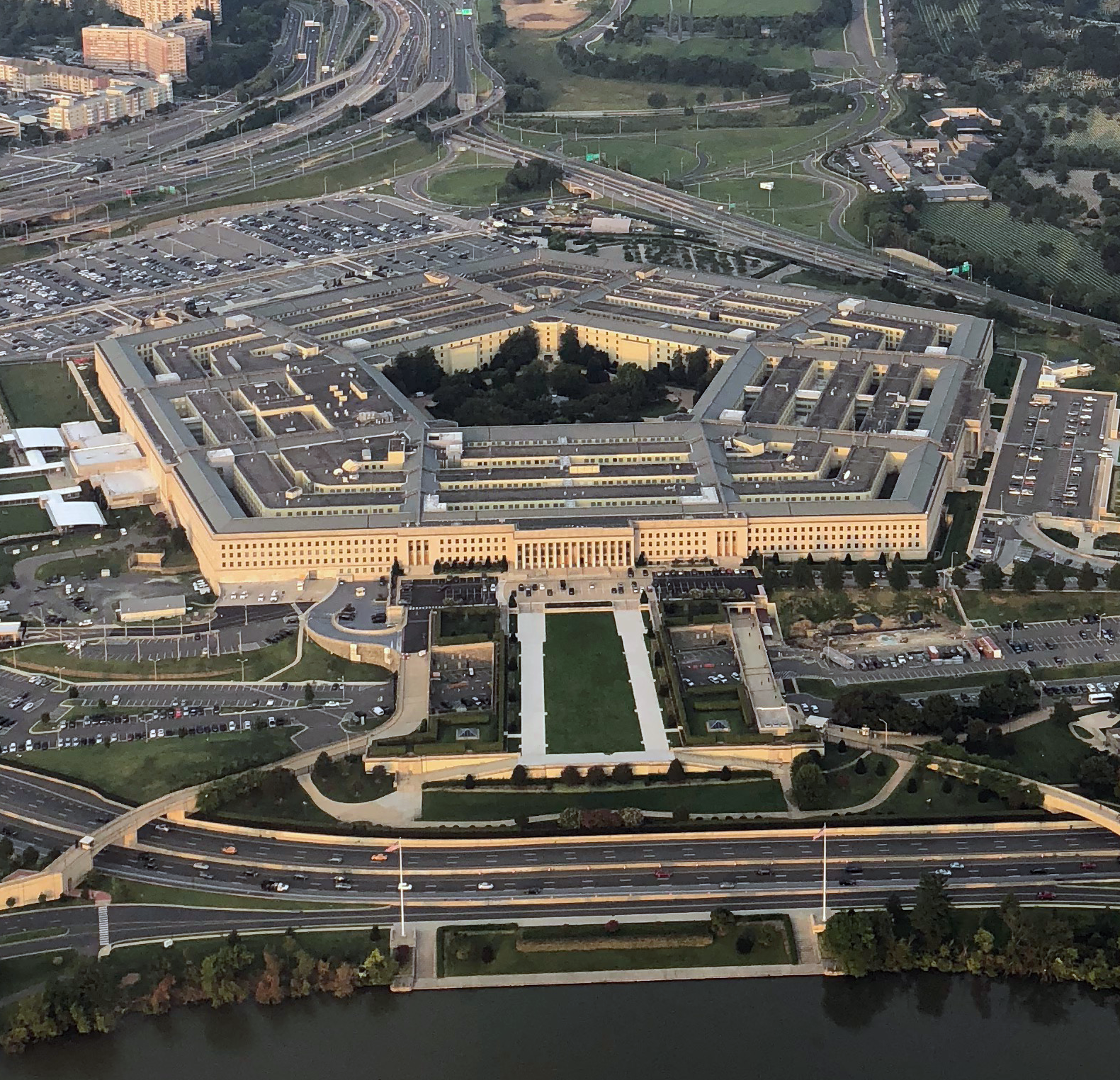
Climate Change is a Top DOD Management Challenge for 2021
In October, the US Department of Defense (DoD) Inspector General (IG) released a report, Fiscal Year 2021: Top DoD Management Challenges. The IG is required to prepare an annual statement identifying the DoD’s most pressing obstacles, utilizing insight from DoD oversight, congressional hearings, DoD officials, and the media, and analyzing the DoD’s efforts in mitigating them. For the first time this year, the report identified non-traditional threats, such as climate-related weather events, as a major management challenge for the DoD.
Threat to US Military Bases
The report identifies climate change as a threat to US military infrastructure and personnel readiness. Climate-related weather events, such as hurricanes, threaten installations and require bases to reallocate resources following climate-induced disasters. The report highlights Hurricane Florence, which caused $3.6 billion in damage at Marine Corps Base Camp Lejeune, North Carolina in 2018. Additionally, the report references the storm damage to Alaska’s Cape Lisburne Long Range Radar Station’s coastline, requiring $46.8 million in repairs. Looking forward, the report recommends that the DoD considers extreme weather and climate change in making facility design and investment decisions.
Geopolitical Unrest
The report recognizes the role climate change plays as a “threat multiplier.” Higher average temperatures, resource limitations, and extreme weather events can exacerbate civil unrest. Instability may lead to migration, food insecurity, growth of extremism, and/or political uprisings, requiring assistance from the US and its allies. The report refers to the severe drought in Syria from 2009-2012, a contributing factor to the nation’s ongoing civil war. With this in mind, the report advises the DoD to prioritize climate change in plans to promote political stability and therefore conserve US military resources.
Great Power Competition in the Arctic
Finally, the report cites increased navigation and great power competition in the Arctic as a challenge for the DoD. China considers itself to be a “Near-Arctic State,” with economic and strategic interests in the region. Additionally, Russia is investing in its military facilities and defensive technologies in the Arctic. Given the US’ has an interest in promoting a peaceful Arctic, the report urges the DoD to consider climate change when conducting strategic planning for the region.
President-elect Biden’s nomination of Secretary John Kerry, a co-founder and current board member of ASP, as Special Presidential Envoy for Climate Change is an important step in raising the profile of climate change as a national security threat. However, there is a lot of work to be done, and the DoD IG’s acknowledgement of the security challenges climate change poses is an important step in mitigating them.
ASP has long conducted meaningful research on the national security implications of climate change. Recently published resources addressing the challenges identified by DoD IG include:
- A website devoted to military base resilience
- An article connecting climate-induced disasters with Myanmar’s refugee crisis
- A report on the national security challenges presented by the opening Arctic





